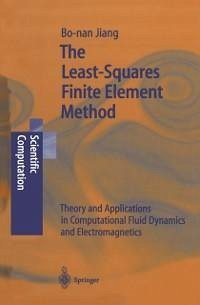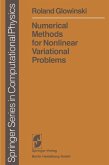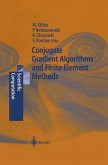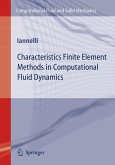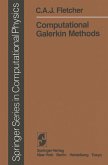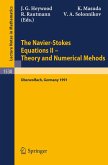This is the first book devoted to the least-squares finite element method (LSFEM), which is a simple, efficient and robust technique for the numerical solution of partial differential equations. The book demonstrates that the LSFEM can solve a broad range of problems in fluid dynamics and electromagnetics with only one mathematical/computational formulation. The book shows that commonly adopted special treatments in computational fluid dynamics and computational electromagnetics, such as upwinding, numerical dissipation, staggered grid, non-equal-order elements, operator splitting and preconditioning, edge elements, vector potential, and so on, are unnecessary. This book introduces the basic theory of the least-squares method for first-order PDE systems, particularly the div-curl system and the div-curl-grad system. It is applied to the study of permissible boundary conditions for the incompressible Navier--Stokes equations, to show that the divergence equations in the Maxwell equations are not redundant, and to derive equivalent second-order versions of the Navier--Stokes equations and the Maxwell equations. This book covers diverse applications such as incompressible viscous flows, rotational inviscid flows, low- or high-Mach-number compressible flows, two-fluid flows, convective flows, and scattering waves.
Dieser Download kann aus rechtlichen Gründen nur mit Rechnungsadresse in A, B, BG, CY, CZ, D, DK, EW, E, FIN, F, GR, HR, H, IRL, I, LT, L, LR, M, NL, PL, P, R, S, SLO, SK ausgeliefert werden.

